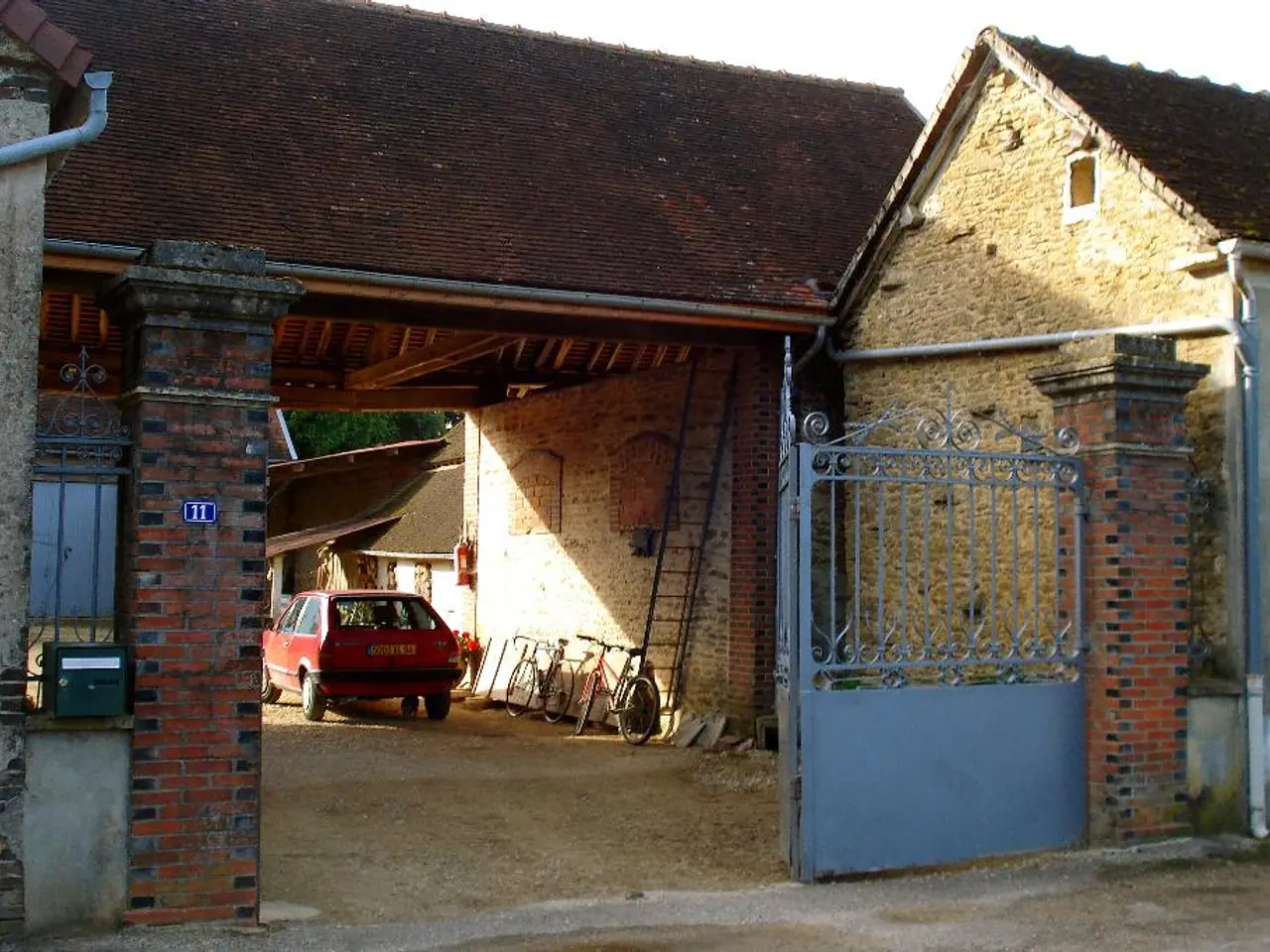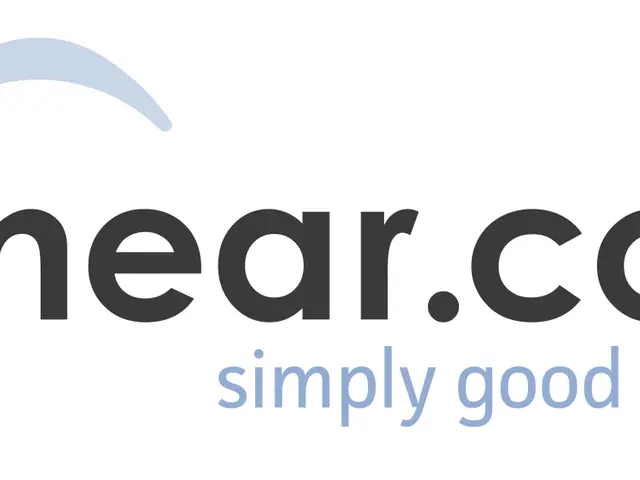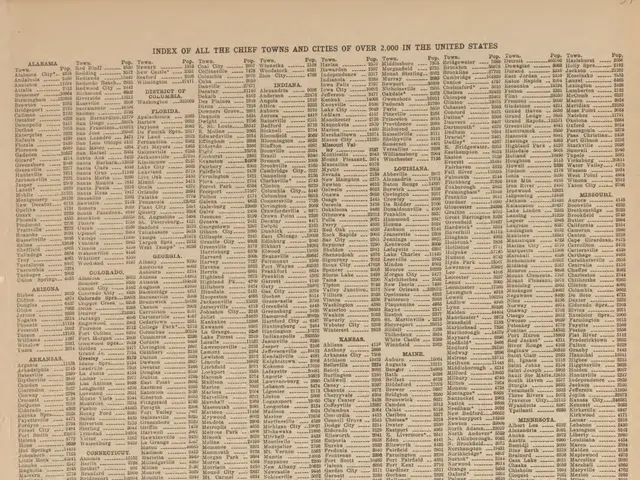Increased costs for district heating services
In the heart of northern Germany, Stadtwerke Lübeck, the city's primary energy supplier, is gearing up for a significant transformation in its district heating operations. The focus is on expanding district heating to green the energy supply, as announced by Jens Meier, the CEO of the Stadtwerke group.
Stadtwerke holds a monopoly for district heating in the Hanseatic city, and dissatisfied customers cannot switch to another provider. However, the company is aiming to address this issue by adopting alternative energy carriers such as geothermal, solar thermal, wastewater heat, and biomass, instead of natural gas, in the future.
To keep customers informed, Stadtwerke plans to send extensive information letters to thousands of customers in the near future. On September 23, these letters, containing eight attachments, will be dispatched. The envelopes will include the contract termination, the new supply contract, calculation documents, data protection information, details on technical connection conditions, and the price list for 2025.
While specific changes in district heating contracts or prices for Lübeck residents have not been explicitly documented, it is expected that the green energy-driven expansions and modernization may influence these aspects. For instance, regulatory frameworks, such as stricter IT security and grid control requirements, could indirectly affect pricing structures or contract terms as compliance costs are factored in.
To clarify the changes, around 1,800 customers with expiring contracts at the end of the year, as well as new heat supply contracts, will receive notices from Stadtwerke Lübeck. Moreover, 120 single-family homeowners who have ordered a high connection capacity but consume significantly less district heating will be contacted separately.
Michaela Wagner, the district heating expert at the municipal supplier, explains that there will be a uniform work price for all customers, regardless of connection performance, from this year onwards. The pricing for district heating is complex, taking into account various connection performances, which depend on the size of the object to be heated. The total price consists of various components, including the work price, basic price, emission price, measurement price, storage surcharge, and possibly a service price.
It's worth noting that Stadtwerke is among the 20 percent of providers with the most favorable district heating prices in the market comparison, according to CEO Meier. However, the pricing for single-family and row houses will increase by an average of 4.9 percent next year.
The storage surcharge, introduced in response to the war in Ukraine, will apply until 2027. This surcharge, along with the emission price, financed by Stadtwerke, contributes to climate protection by funding CO2 certificates.
Approximately 10,000 tenants with a direct heat supply contract with Stadtwerke will be contacted, but tenants who pay their heat costs to their landlords will not receive a letter. For those seeking more information, the address of Stadtwerke's headquarters is Geniner Str. 80, 23560 Lübeck.
Acceptance and transparency are crucial, as emphasized by the CEO. As the city moves forward with its green district heating expansion, customers can expect regular updates and clear communication from Stadtwerke Lübeck.








